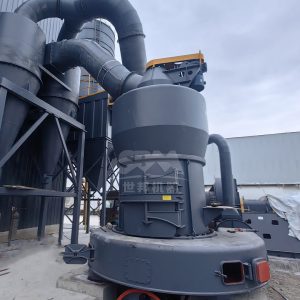
Introduction The development of high-performance thermal insulation materials is a critical frontier in industrial energy efficiency and sustainable construction. Among various raw materials, bauxite stands out due to its unique combination of refractory properties, chemical stability, and abundance. The processing of bauxite into fine powder is the foundational step in unlocking its potential for creating […]
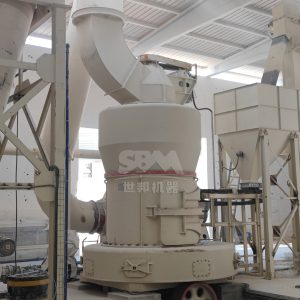
Introduction Bauxite grinding is a critical step in the production of metallurgical grade alumina (MGA), which serves as the primary raw material for aluminum smelting. The efficiency and precision of the grinding process directly impact the quality of alumina, energy consumption, and overall operational costs. This article explores the technological advancements in bauxite grinding mills, […]
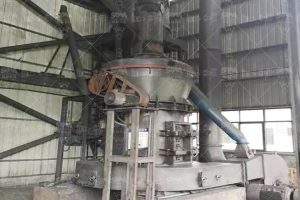
Kaolin Grinding Mill: Processing Powder for High-Quality Ceramics Manufacturing The pursuit of excellence in ceramics manufacturing is intrinsically linked to the quality of its primary raw material: kaolin powder. The transformation of raw kaolin clay into a fine, consistent, and high-purity powder is a critical process that demands precision engineering and advanced technology. The choice […]
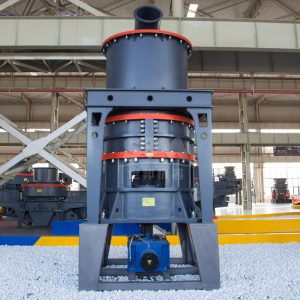
Introduction to Kaolin and Its Importance in Industrial Coatings Kaolin, also known as china clay, is a naturally occurring white clay mineral composed primarily of kaolinite. It is widely used in various industrial applications, particularly in the coatings industry, due to its excellent properties such as whiteness, fine particle size, chemical inertness, and low abrasiveness. […]
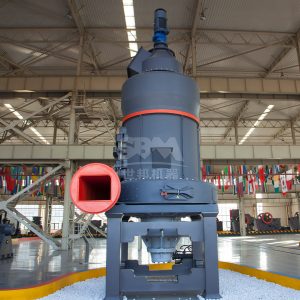
Introduction The paper industry relies heavily on high-quality mineral fillers and coating pigments to achieve the desired properties in finished products. Kaolin, a naturally occurring clay mineral, plays a pivotal role in this process, enhancing paper’s brightness, opacity, smoothness, and printability. The transformation of raw kaolin into a functional paper additive is a precise operation, […]
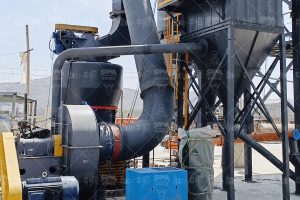
Introduction to Gypsum Milling Gypsum, a soft sulfate mineral composed of calcium sulfate dihydrate (CaSO₄·2H₂O), is a crucial raw material for plaster production. The quality of plaster is directly influenced by the fineness and uniformity of the gypsum powder. Therefore, the milling process is a critical step in transforming raw gypsum rock into a high-quality, […]
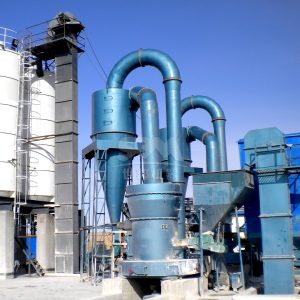
Introduction Gypsum powder is a valuable soil amendment in agriculture, known for its ability to improve soil structure, enhance water infiltration, reduce soil erosion, and provide essential calcium and sulfur nutrients. The effectiveness of gypsum largely depends on its fineness and uniformity, which directly influence its solubility and interaction with soil particles. Therefore, selecting the […]
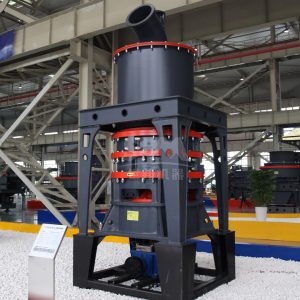
Introduction Gypsum, a key component in cement production and additive manufacturing (3D printing), requires precise grinding to achieve desired fineness and reactivity. The efficiency of gypsum processing directly impacts product quality, energy consumption, and environmental compliance. This article explores the critical role of advanced grinding mills in gypsum processing, focusing on cement production and additive […]
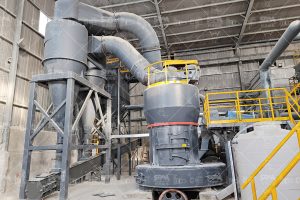
Introduction to Bentonite and Its Role in Waste Treatment Bentonite, a clay mineral primarily composed of montmorillonite, possesses exceptional adsorption, swelling, and cation exchange capacities. These unique properties make it a highly valuable material in the treatment of various industrial wastes, including heavy metal-contaminated sludges, organic pollutants, and even radioactive materials. The effectiveness of bentonite […]